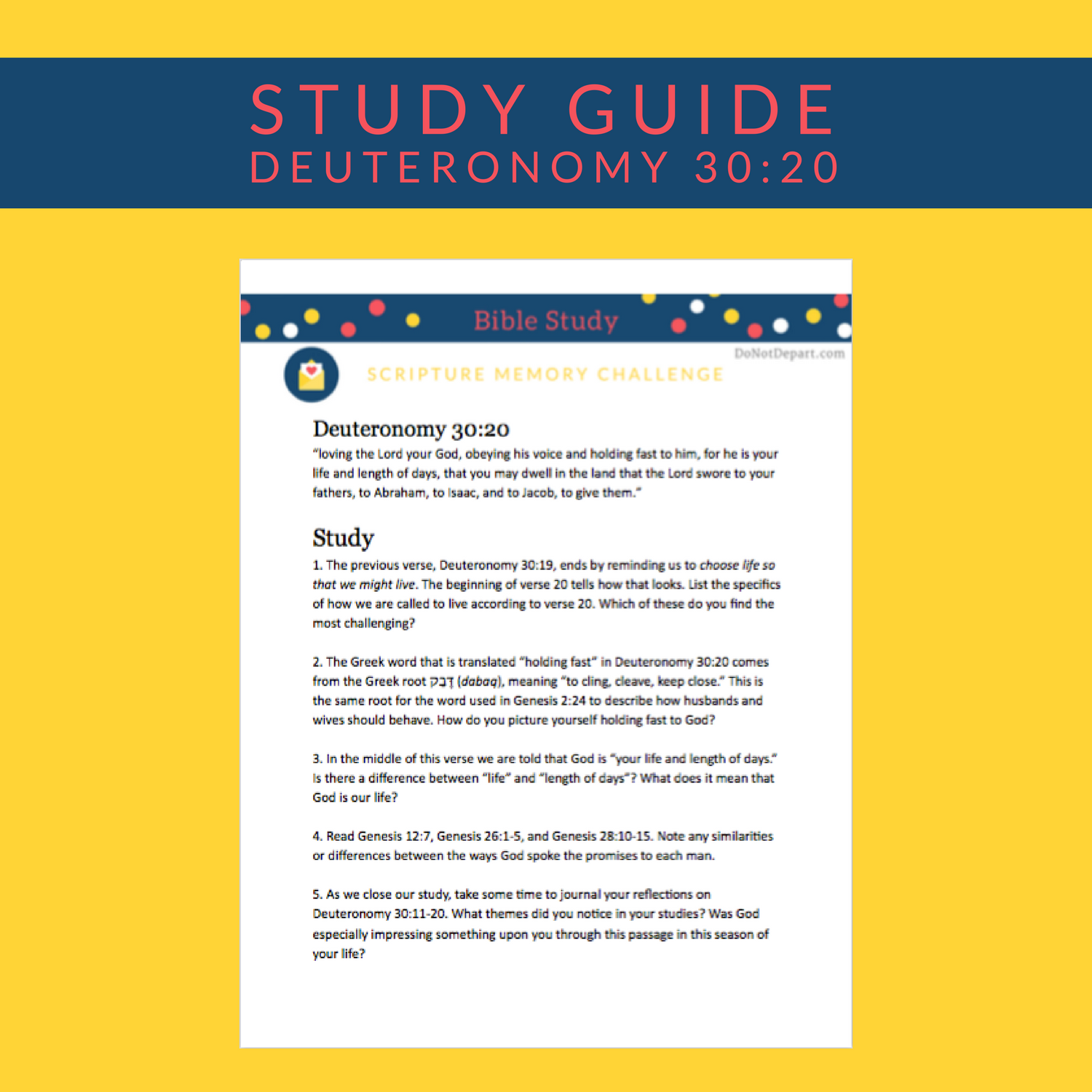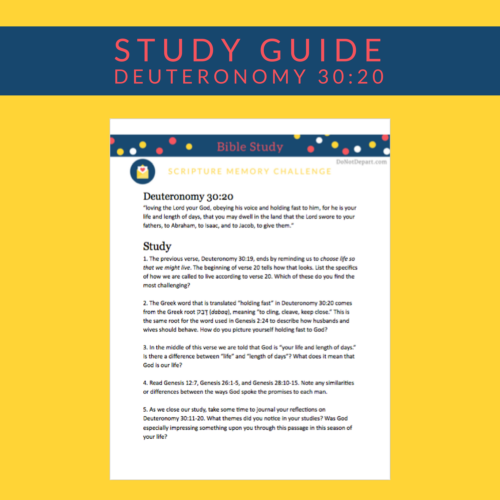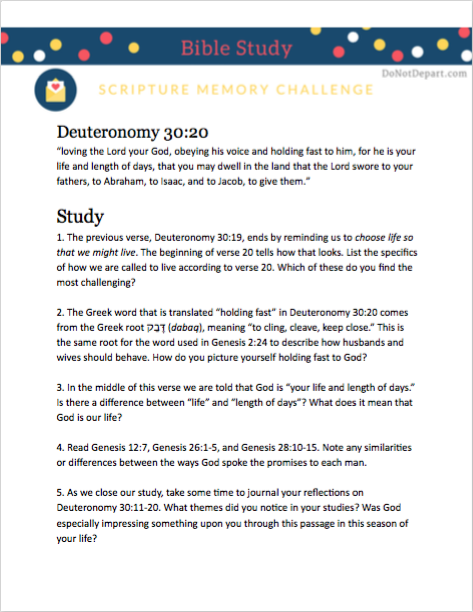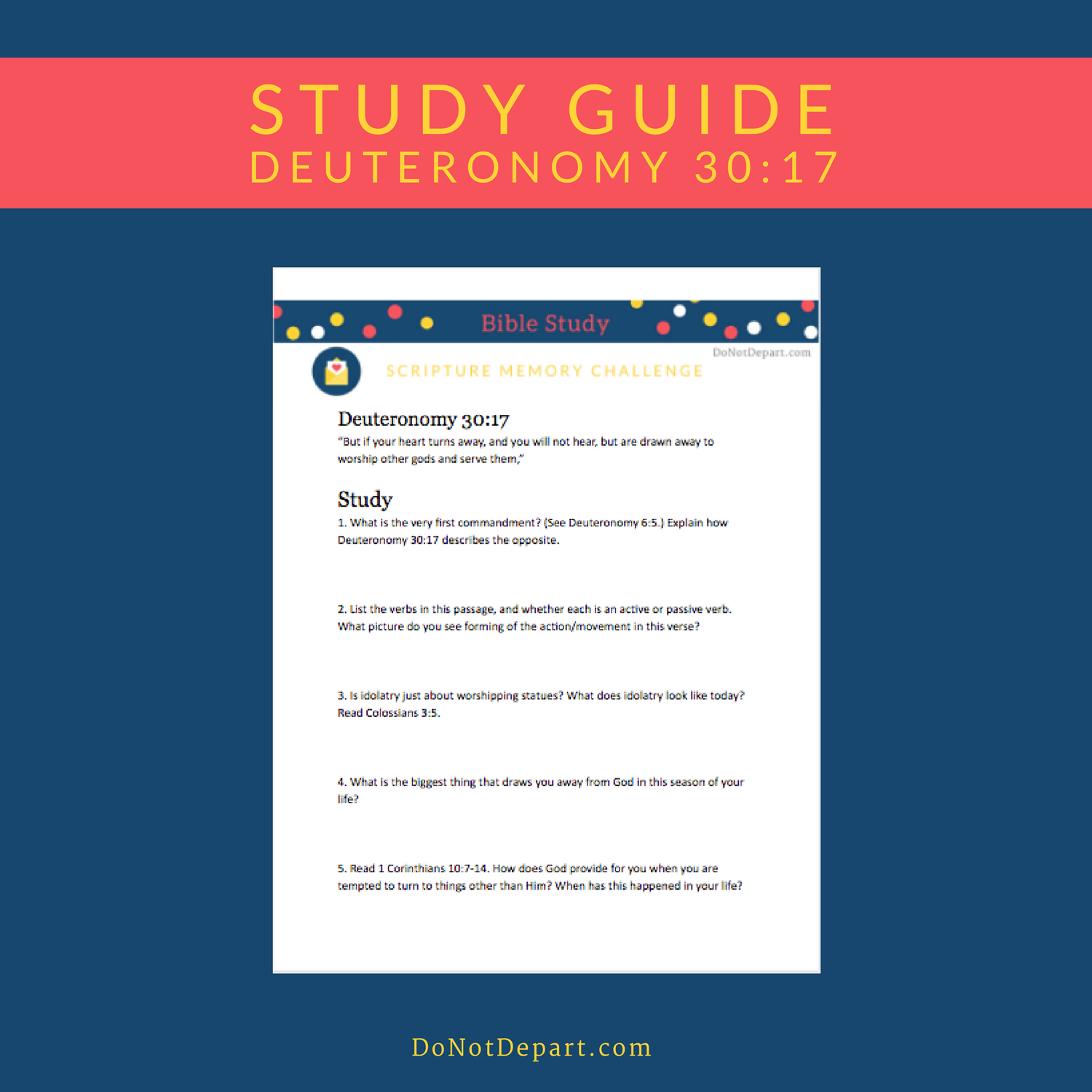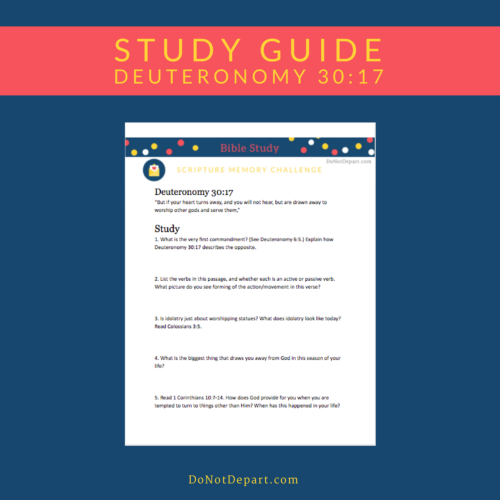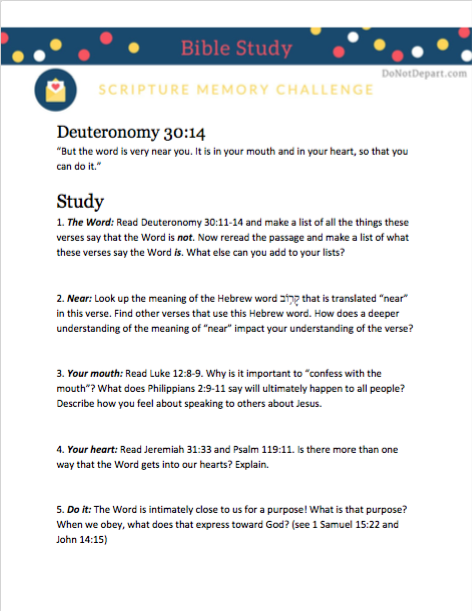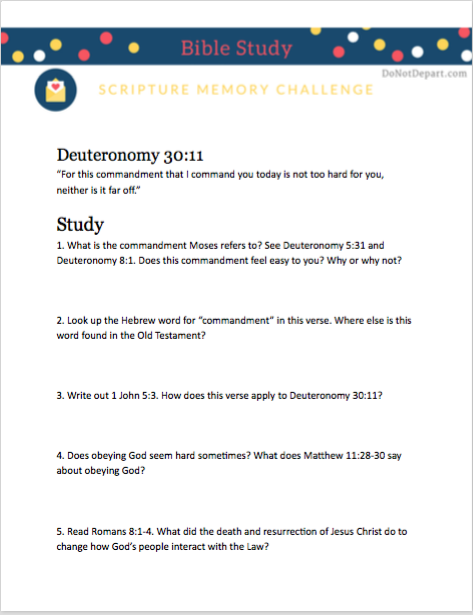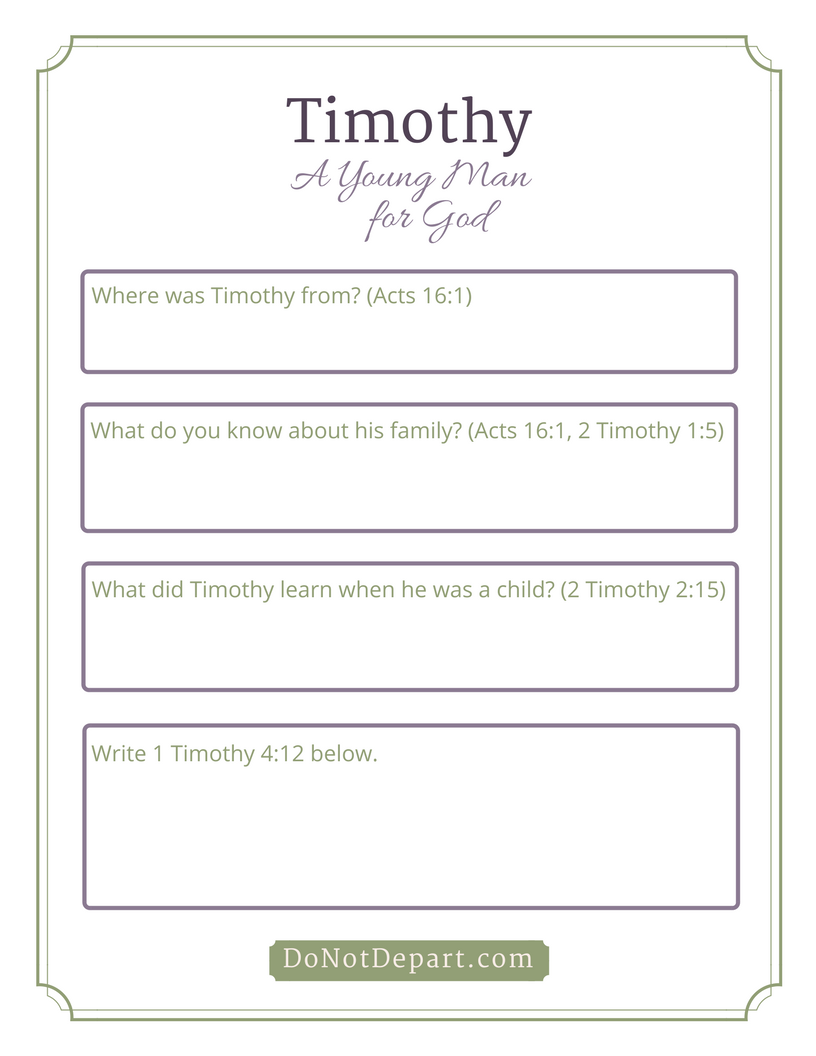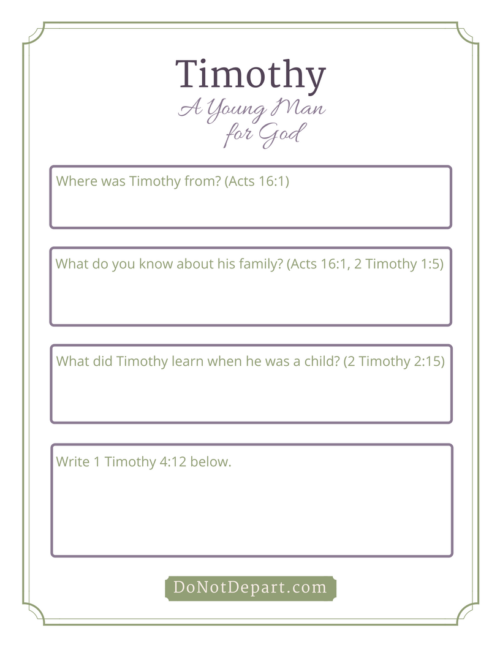
Like my mixed-up change purse of American and Canadian coins, Proverbs is chock full of little nuggets that are applicable in particular contexts. In the Anchor Yale Bible commentary, Biblical scholar Michael Fox writes:
A proverb is like a coin, which has a “meaning” within its particular currency system and can be situated in relation to other coins in that system and translated into other currencies. Also like a coin, a proverb has a finite range of potential applications—a coin can buy some things but not everything. The coin gains its “performance-meaning” only when it is spent on something, when it is used in a particular situation to attain a certain goal. So too a proverb.
Each proverb has a unique value. Like Proverbs 16:20 says, when we give thought to these words (דָּ֭בָר or dabar) we will discover good, indeed a treasure, and the result is blessing!

One Hundred and Twenty Six Proverbs!
We are half way through the month, and half way through the book of Proverbs. Starting with chapter 10, we shifted out of the longer “lessons” and into short one-verse proverbs. Scholars have found no particular ordering system to these sayings. You won’t find all the proverbs on, say, fearing the Lord, or pride, or anger, organized in one place. Rather, the many topics addressed in Proverbs are scattered about the entirety of the book.
Today we will take a look at chapters 13 through 16, which together have a total of 126 verses – that’s 126 proverbs, each of which could be the topic of an entire post! So for the purpose of today’s discussion, I will focus on the topic in each chapter that has the most proverbs. In each case you can find proverbs in other chapters that address the same topic. And of course in each chapter you will find many other topics!
Proverbs Chapter 13
Wealth and poverty get a good bit of attention in chapter 13 (all verses quoted are in ESV):
- One pretends to be rich, yet has nothing; another pretends to be poor, yet has great wealth. (Proverbs 13:7)
- The ransom of a man’s life is his wealth, but a poor man hears no threat. (Proverbs 13:8)
- Wealth gained hastily will dwindle, but whoever gathers little by little will increase it. (Proverbs 13:11)
- Poverty and disgrace come to him who ignores instruction, but whoever heeds reproof is honored. (Proverbs 13:18)
- A good man leaves an inheritance to his children’s children, but the sinner’s wealth is laid up for the righteous. (Proverbs 13:22)
There may be situations in which these verses can be applied to earthly wealth, but we know that financial prosperity and godliness do not always go hand in hand (see Job!)
Thanks be to God, as believers in Jesus Christ we are assured of eternal wealth (Matthew 16:19-21, Colossians 3:24) in heaven!
Proverbs Chapter 14
Six of the thirty-five verses of Proverbs 14 address the topic of righteousness and those who are upright:
- Whoever walks in uprightness fears the Lord, but he who is devious in his ways despises him. (Proverbs 14:2)
- Fools mock at the guilt offering, but the upright enjoy acceptance. (Proverbs 14:9)
- The house of the wicked will be destroyed, but the tent of the upright will flourish. (Proverbs 14:11)
- The evil bow down before the good, the wicked at the gates of the righteous. (Proverbs 14:19)
- The wicked is overthrown through his evildoing, but the righteous finds refuge in his death. (Proverbs 14:32)
- Righteousness exalts a nation, but sin is a reproach to any people. (Proverbs 14:34)
The upright fear the Lord, find goodwill with one another, will not experience eternal death like the wicked, will ultimately have victory, and know that after physical death is eternal life. In righteousness even an entire nation may be elevated.
Living right with God brings temporal and especially eternal blessing!
Proverbs Chapter 15
The topic of what we say – the mouth, tongue, lips, and words in general – is a frequent one throughout Proverbs. There are eight related verses in chapter 15:
- A soft answer turns away wrath, but a harsh word stirs up anger. (Proverbs 15:1)
- The tongue of the wise commends knowledge, but the mouths of fools pour out folly. (Proverbs 15:2)
- A gentle tongue is a tree of life, but perverseness in it breaks the spirit. (Proverbs 15:4)
- The lips of the wise spread knowledge; not so the hearts of fools. (Proverbs 15:7)
- The heart of him who has understanding seeks knowledge, but the mouths of fools feed on folly. (Proverbs 15:14)
- To make an apt answer is a joy to a man, and a word in season, how good it is! (Proverbs 15:23)
- The thoughts of the wicked are an abomination to the Lord, but gracious words are pure. (Proverbs 15:26)
- The heart of the righteous ponders how to answer, but the mouth of the wicked pours out evil things. (Proverbs 15:28)
Those who are wise with their words speak softly and purely, commend and spread knowledge, give life and joy to others with their words, and carefully ponder how to answer.
By contrast, fools speak harshly causing anger, break others’ spirits with their words, consume folly, and speak evil.
Many years later, James would write of taming the tongue (James 3:1-12). Our words makes a profound impact. Oh that we would be careful to “Let no corrupting talk come out of your mouths, but only such as is good for building up, as fits the occasion, that it may give grace to those who hear.” (Ephesians 4:29)
Proverbs Chapter 16
In Proverbs 16 we read five verses that discuss the king. These are proverbs that highlight what good leadership should look like.
- An oracle is on the lips of a king; his mouth does not sin in judgment. (Proverbs 16:10)
- It is an abomination to kings to do evil, for the throne is established by righteousness. (Proverbs 16:12)
- Righteous lips are the delight of a king, and he loves him who speaks what is right. (Proverbs 16:13)
- A king’s wrath is a messenger of death, and a wise man will appease it. (Proverbs 16:14)
- In the light of a king’s face there is life, and his favor is like the clouds that bring the spring rain. (Proverbs 16:15)
A good king, or leader, should be wise, and he should speak and act righteously. He attends to the advice of those who speak rightly. Those who interact with the king would be wise not to incite his wrath, and to look for his favor.
We know that Jesus, the King of kings, embodies perfection. He is the perfect example on which all others, at any level of leadership, should model their behavior. “And on His robe and on His thigh He has a name written, “KING OF KINGS, AND LORD OF LORDS.” (Revelation 19:16)
Discerning Between God’s Way and Man’s Way
As Christians we must use caution in reading the Proverbs and not become overly legalistic. They are not a list of commandments, but rather are wise sayings gathered to help people in their daily lives. Wisdom is a valuable goal, but relying on one’s own wisdom is extremely dangerous.
A verse about this appears twice, word for word, once in chapter 14 and chapter 16:
There is a way that seems right to a man,
but its end is the way to death. Proverbs 14:12There is a way that seems right to a man,
but its end is the way to death. Proverbs 16:25
It is pride that makes us think our own ways are wise. This is why the fear of the Lord is the beginning of true wisdom! (Proverbs 9:10) We can trust Him and His perfect ways.
What verses were especially meaningful to you in Proverbs 13-16?
Did any themes catch your attention?
Leave a comment, or join the conversation in our community Facebook group, where each day we discuss a new Proverb!

- Printables for Studying Proverbs
- Proverbs 1-2 – Wisdom for Today
- Proverbs 3-5 – Who Is Wisdom?
- Proverbs 6-7 – Practical Warnings
- Proverbs 8-9 – Wisdom Is Calling You
- Proverbs 10-12 – A Contrast Between Right and Wrong

